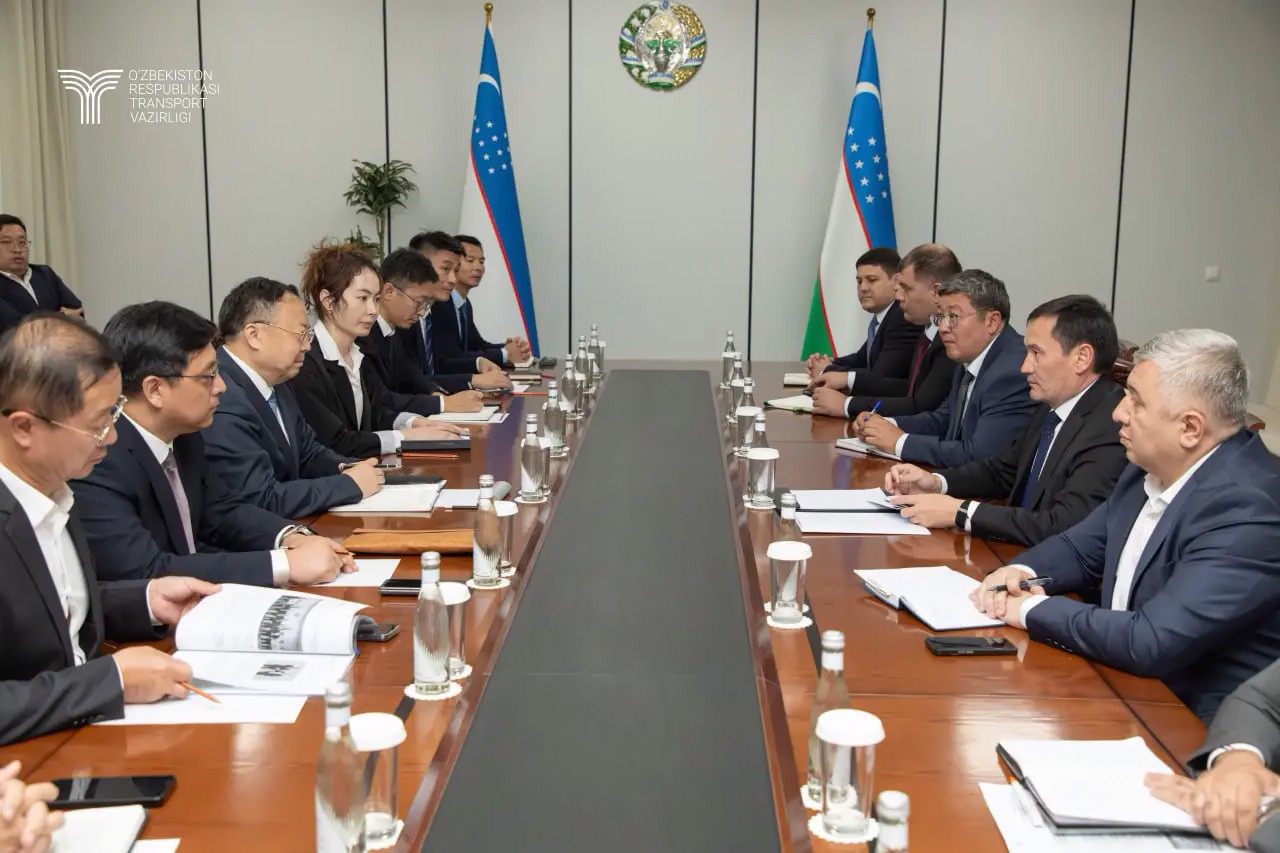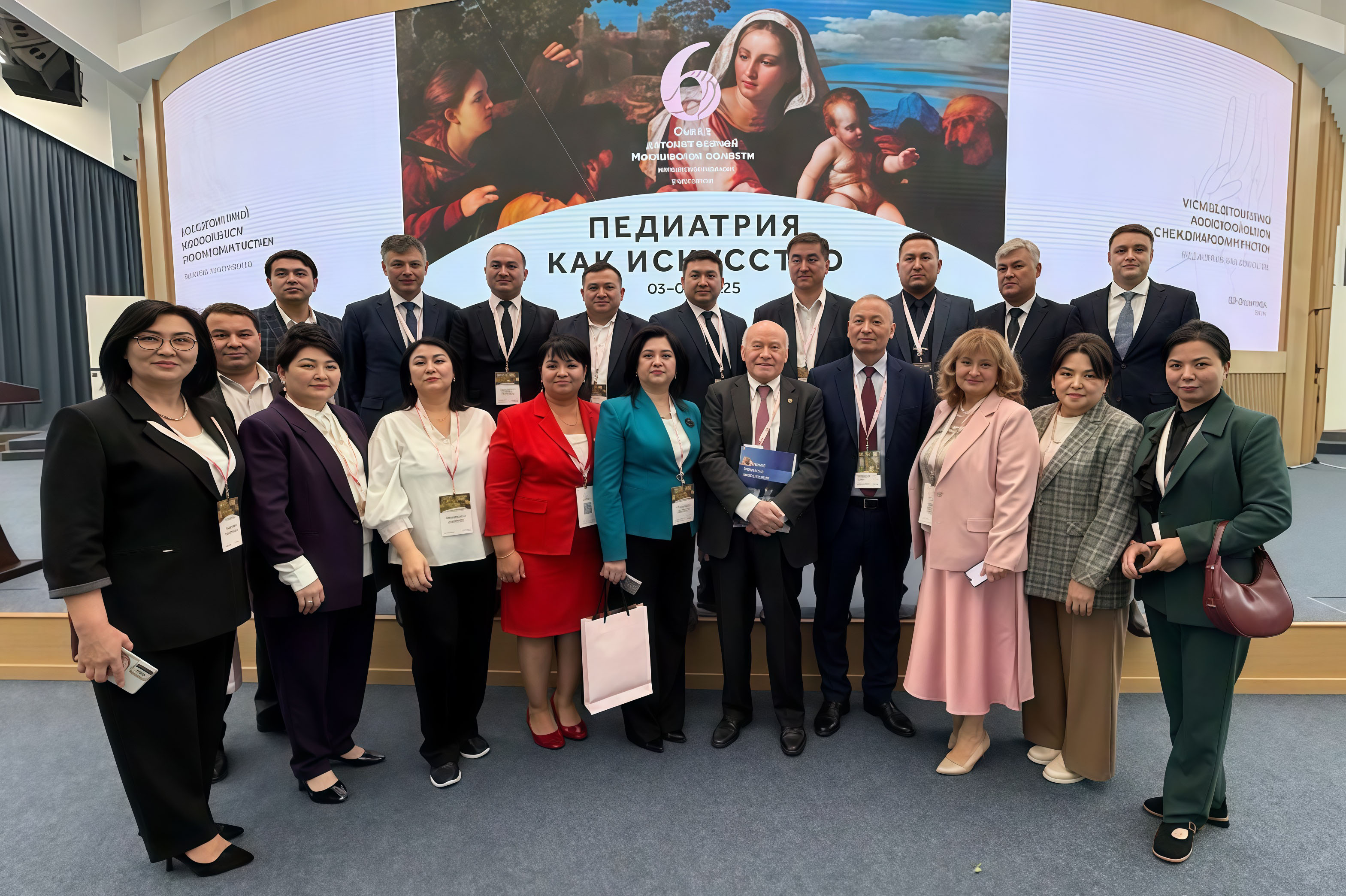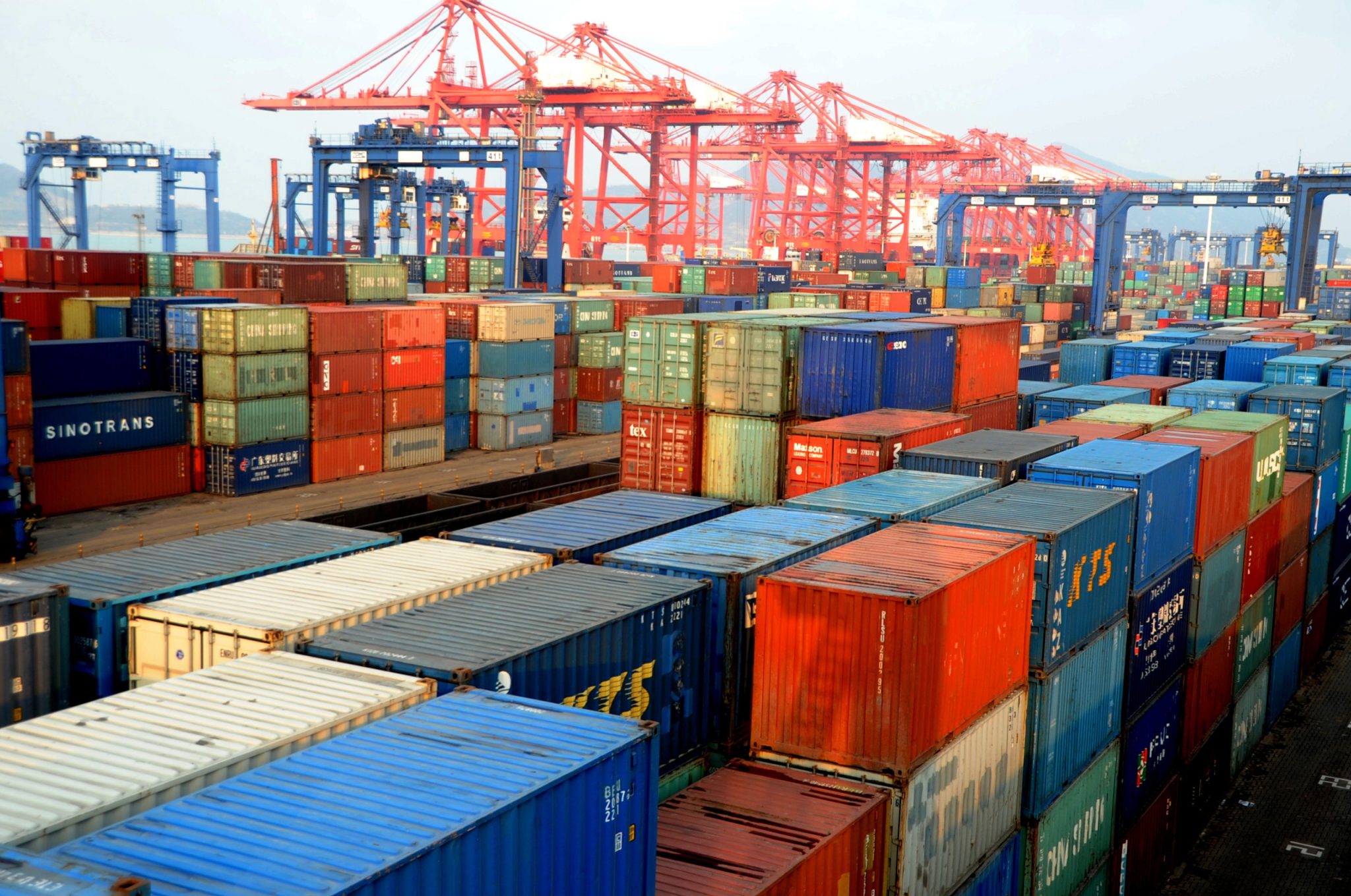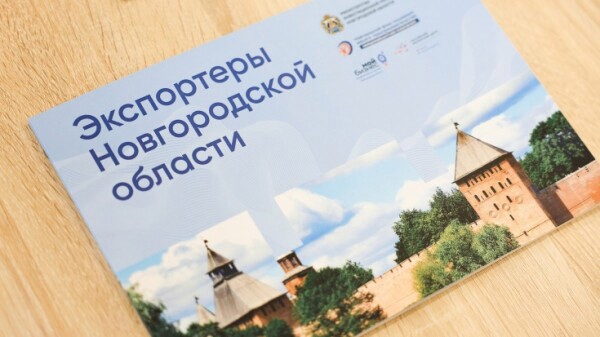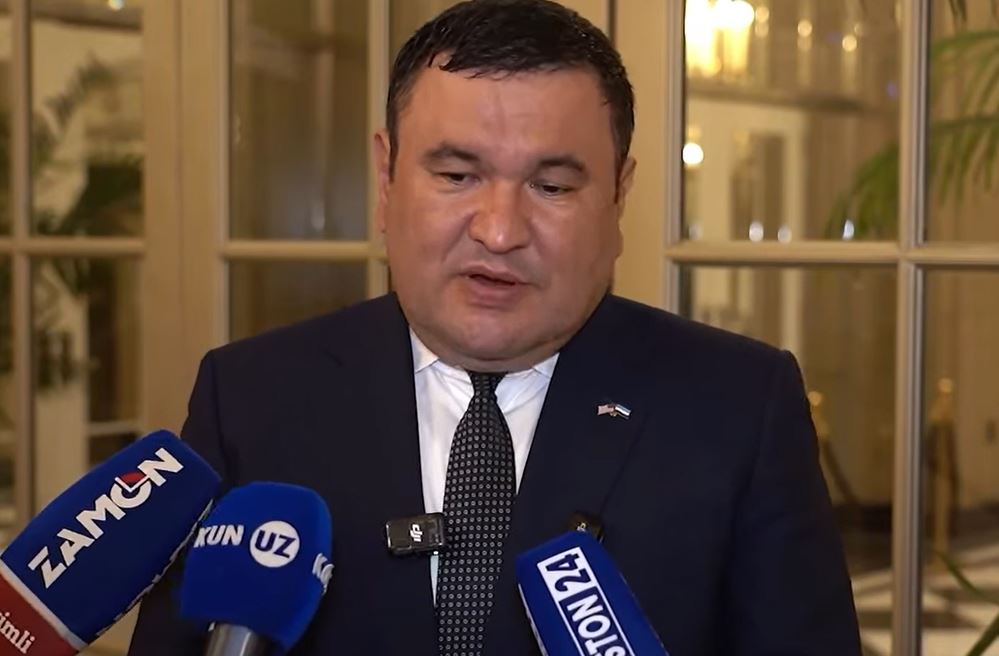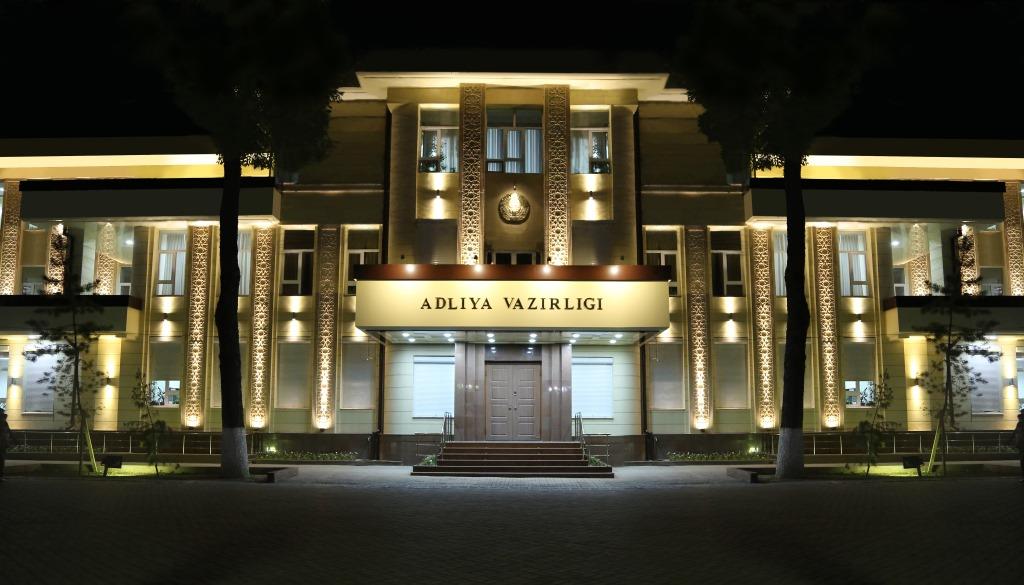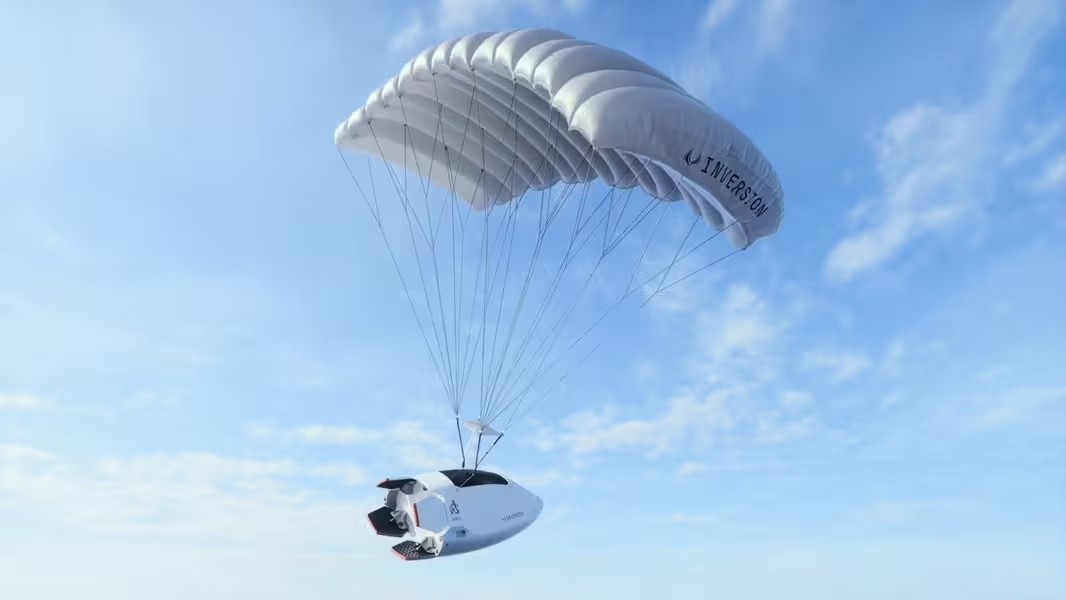During the first working meeting of the French Ambassador to Uzbekistan Walid Fouc with the Minister of Ecology, Environmental Protection and Climate Change Aziz Abdukhakimov, the parties focused on the practical content of the" green " agenda: joint projects to mitigate the effects of the drying up of the Aral Sea in Karakalpakstan, expand generation from renewable energy sources, improve the efficiency of water resources management and modernize circulation systems with waste. The dialogue was of an applied nature and was tied to the international calendar-the goal was stated to be ambitious results by the November COP session in Belem.
For Uzbekistan, where climate risks directly affect the quality of life and the structure of the regional economy, combining environmental programs with investment and technological cooperation is critical. The French side confirmed its readiness to use development tools, including project financing and participation of specialized companies in renewable energy and smart water management pilots. Priority is given to solutions that give a measurable effect: reducing water losses in irrigation, reducing the carbon intensity of generation, increasing the share of recycling, and introducing circular economy models in cities.
A separate section discussed measures to increase human capital — tourism development, language programs and educational initiatives. The expansion of French language teaching and academic partnerships are seen as a tool for diversifying the service sector and training personnel for infrastructure and technology projects. This approach makes it possible to link environmental challenges with job creation and service exports, which increases the multiplier of "green" investments.
As a result of the contacts, the parties identified synchronization of schedules at the level of upcoming international events, with an emphasis on coordinating projects that can give early results in regions with the greatest environmental vulnerability. In practical terms, this means preparing a package of initiatives on renewable energy and water systems, as well as building channels for attracting private capital for "green" areas. At the same time, cultural and educational ties are expanding, strengthening the long-term sustainability of the partnership.

